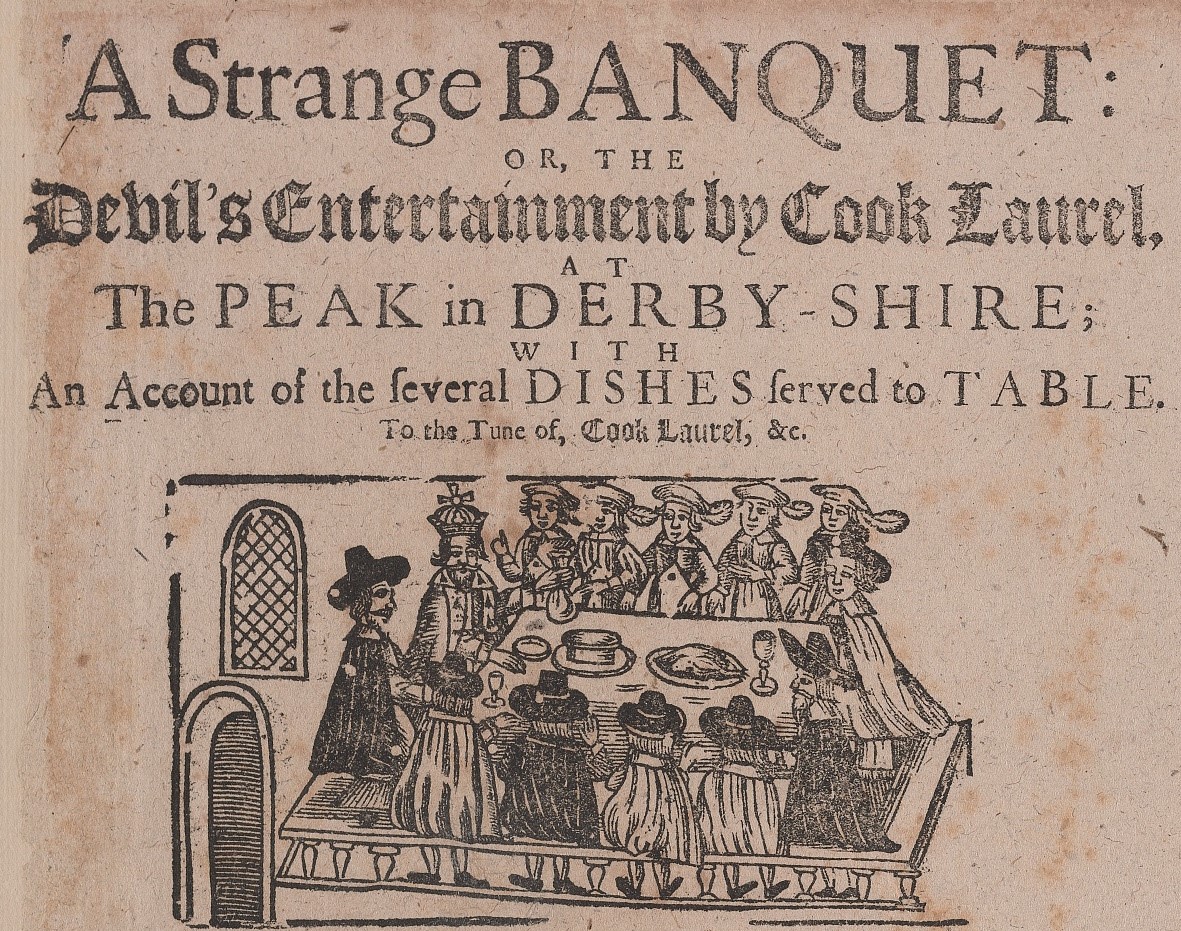Roundheads, Rogues, and Royalist Satire: Singing the Restoration

Thursday 24 January 2019, 5.00PM
Speaker(s): Rachel Willie (Liverpool John Moores University)
CREMS Research Seminar
This paper examines how ballad song was appropriated to present the demise of the Rump Parliament and commemorate the Restoration. Ballad songs not only provide a tune through which words could be performed, they also weave together disparate texts through memory of past utterances and performances. Focusing upon the tune ‘Cook Laurell’, I will demonstrate how the use of this song establishes a mnemonic connection between Parliamentarian figures and Cocke Lorelles Bote, printed by Wynkyn de Worde (c.1518). The fragment that remains of Cocke Lorelles Bote represents Cock Lorell as a low-born rogue, who is in command of a ship of fools. This image of Cock Lorell as the ubiquitous rascal became a common trope in Elizabethan folklore and was adopted by numerous playwrights, including Ben Jonson in his masque, ‘Gipsies Metmorphos’d’ (performed 1621). These transitions not only emphasise how fraught attempts to define what constitutes ‘elite’ and ‘popular’ culture in the period can be, but also shows how ballads were used as satire. Royalists constructed alternative identities for Parliamentarians as being lowly, intemperate, cuckolded fools and these satirical tropes are often present in Royalist newsbooks, pamphlets and play pamphlets. I will argue that the use of song emphasises and consolidates these representations by connecting Parliamentarians to various forms of roguery. Ballad tunes provide a prehistory to Royalist satire, demonstrating how popular culture was harnessed during the Commonwealth and early years of the Restoration to both lament the regicide and celebrate the downfall of the Protectorate and the Rump Parliament.
Location: Berrick Saul BS/008
Admission: All Welcome!
Email: crems-enquiries@york.ac.uk
